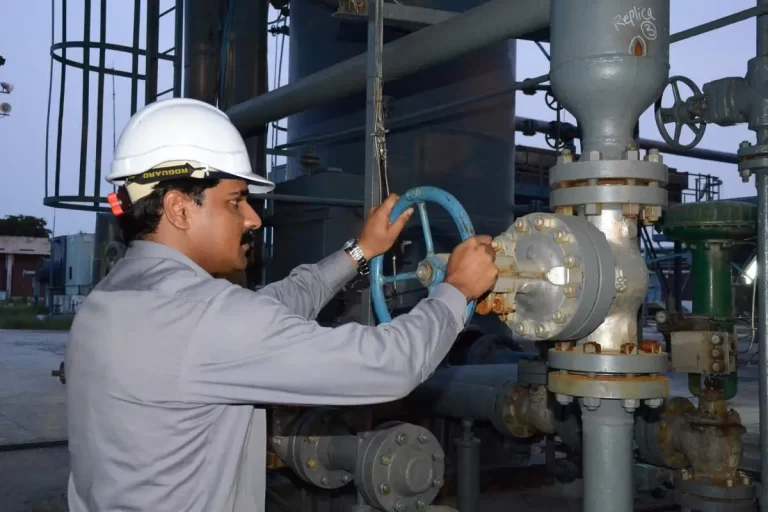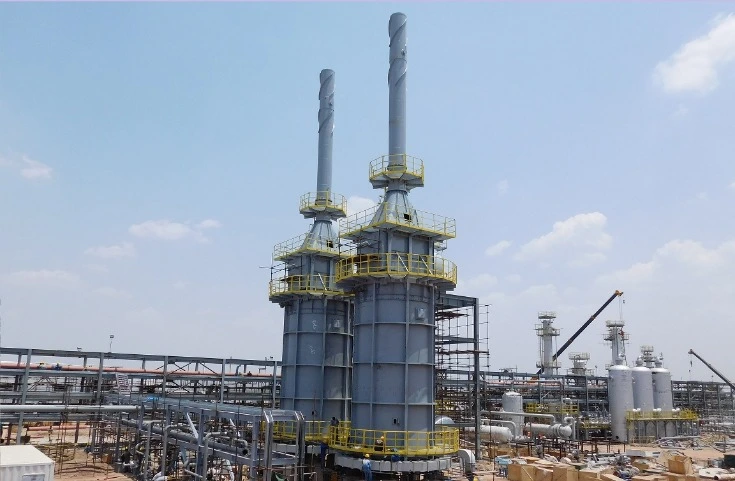KE Consumers to Face another hike in Electricity Bills
Here is another setback in how KE consumers are going to face another hike in electricity bills.
The consumers of K-Electric (KE) are set to face another hike in electricity bills on account of imposing a surcharge of Rs 1.52 per unit.
The power regulator, the National Electric Power Regulatory Authority (Nepra), held a public hearing in Islamabad on Tuesday to consider the federal government’s request for a quarterly adjustment in the tariff for K-Electric.Check KE Duplicate Bill |K-Electric Duplicate Bill 2023
During the hearing, it was revealed that the decision regarding the quarterly adjustment was made in May 2019, but its implementation was delayed due to the COVID-19 pandemic. However, other distribution companies had already implemented the decision for quarterly adjustments.
Nepra officials questioned why the government was using the term “surcharge” instead of “increase in electricity rates” in relation to the quarterly adjustment. They were also informed that the end-user tariff was Rs 32 per unit, leaving a 10 percent margin for applying a surcharge.
Power division officials explained that Nepra had suggested two methods for recovering the amount from consumers: either through a subsidy or by imposing a surcharge. Hence, the power division proposed a tariff increase by applying a surcharge of Rs 1.52 per unit, according to a power division official.
Nepra also raised concerns about whether the amount the government sought to recover from consumers was a justifiable cost of electricity. It was clarified that the funds collected through the power surcharge could be utilized for public sector projects and settling government financial obligations.
Nepra deemed the government’s case for imposing a surcharge as weak.
The government had requested Nepra to impose a surcharge of Rs 1.52 paise per unit on electricity consumers to recover over Rs 24 billion from Karachi’s consumers.
Nepra officials stated that there was a request for recovery in the form of a surcharge for K-Electric, and this surcharge of Rs 1.52 per unit would cover collections over three years.
Nepra officials questioned why these old receivables had not been requested earlier. Power division officials explained that K-Electric and consumers were in court, which had also caused the delay.
Due to the COVID-19 pandemic, the government had suspended the additional load at that time, authorities noted, adding that a sum of Rs 275 billion was to be recovered from consumers, equivalent to Rs 17 per unit.
The government had chosen to offer a subsidy instead of burdening consumers, according to power division officials. The federal government would absorb the burden of Rs 250 billion in the form of a subsidy, officials stated. However, only a burden of Rs 25 billion would be shifted to electricity consumers, as stated by power division officials during the public hearing.
“This is a quarterly adjustment, so why term it a surcharge?” Member Nepra Rafiq Shaikh inquired.
Power division officials explained that there was a legal issue with retroactively recovering the amount. They stated that retrieving old outstanding amounts could lead to legal debates, so the government labeled it a power surcharge.
“Let’s first decide whether it’s a surcharge or a form of quarterly adjustment,” added Member Nepra Rafiq Shaikh.
Additionally, Rafiq Shaikh raised the question about an increase affecting Lifeline users. However, power ministry officials clarified that the hike would not apply to Lifeline customers.
It’s also important to establish that the lifeline category should not be included, Nepra officials emphasized. The federal government will be consulted again to confirm whether the lifeline category is applicable to them or not, Nepra officials said.
The issue of collecting significant taxes, including income tax, from individuals through electricity bills was also discussed. Nepra took note of this matter and decided to hold a separate session to address tax collection from electricity consumers.
Notices will be sent to all participants before the session, Nepra officials assured.
Power division officials stated that the power division itself doesn’t collect any taxes; those are collected by the Ministry of Finance and the Federal Board of Revenue (FBR). It would be advisable to contact the Ministry of Finance or FBR regarding this matter, said Power Division officials.
Taxes are being collected from electricity consumers in accordance with the rules, Power Division officials added.
“Specifics about how much income tax is to be collected from users are outlined in the Income Tax Act,” Nepra officials explained.
Nepra has instructed that details about the amount of taxes collected from electricity consumers be submitted. The authority will convene a separate comprehensive session on this matter, Nepra stated.








